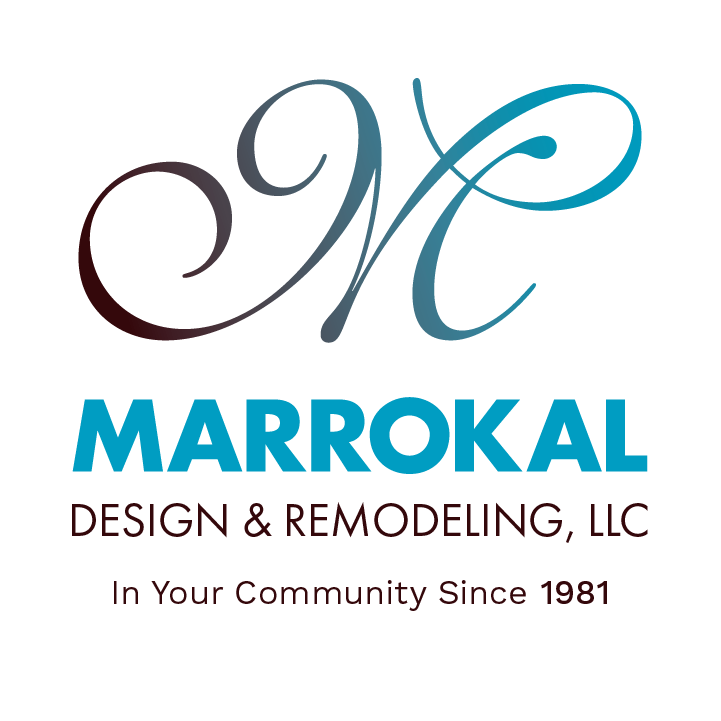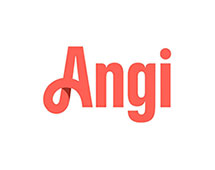Are your parents or in-laws about to move in? Is privacy potentially an issue? Or do you like the idea of having a separate suite that you can go to for some “me time”? Or, maybe you’d just to build a space that you can rent out for extra income.

If your answer to any or all of these questions is yes, then an in-law apartment, also known as granny flat, may prove to be a good investment, especially if you have unused space on your property.
Benefits of In-Law Apartments
There are a number of benefits to building an in-law apartment, such as:
- Maintaining privacy and independence – When the time comes that members of your family, such as your in-laws or elderly parents, need to move in with you, your family will appreciate the ability to maintain each other’s privacy. Moreover, some elderly family members may not want to feel too dependent on you. Having a place of their own can help give them the independence they need while ensuring you are near enough to provide them assistance when needed.
- Customization options – If you intend to build an in-law apartment for elderly family members, you can have it customized according to specific needs. For instance, you can have a ramp leading up to the front door. You can also opt for a walk-in tub. Such features may not be needed in your home, but can definitely suit their needs in the in-law apartment.
- Extra income opportunities – Even if your extended family members are not ready to move in yet, you can still make use of an in-law apartment. As a “tiny home”, you can choose to rent it out, helping you get back your investment or a part of it.
Things to Consider When Building a Detached Addition Such as an In-Law Flat
To make your investment worth it, it’s best to plan carefully and thoroughly. Make sure you consider the following:
- Budget – Detached additions can range in styles and sizes. Some may be built from the ground up; some come prefabricated. Thus, prices can range, too.
- Building requirements – Building an in-law apartment is just like building a house, albeit smaller. So, you’ll have to consider plumbing, electricity and other technical stuff. While your chosen contractor can take care of the actual construction, you should still consider if your property can accommodate these additional requirements.
- Style and design – How would you like the in-law apartment to look? Do you want it to mimic or complement your home’s design? Work closely with a professional design consultant to bring the look you’ve visualized for the in-law flat to life.
In the next post, let’s talk about outdoor living spaces. Stay tuned!






